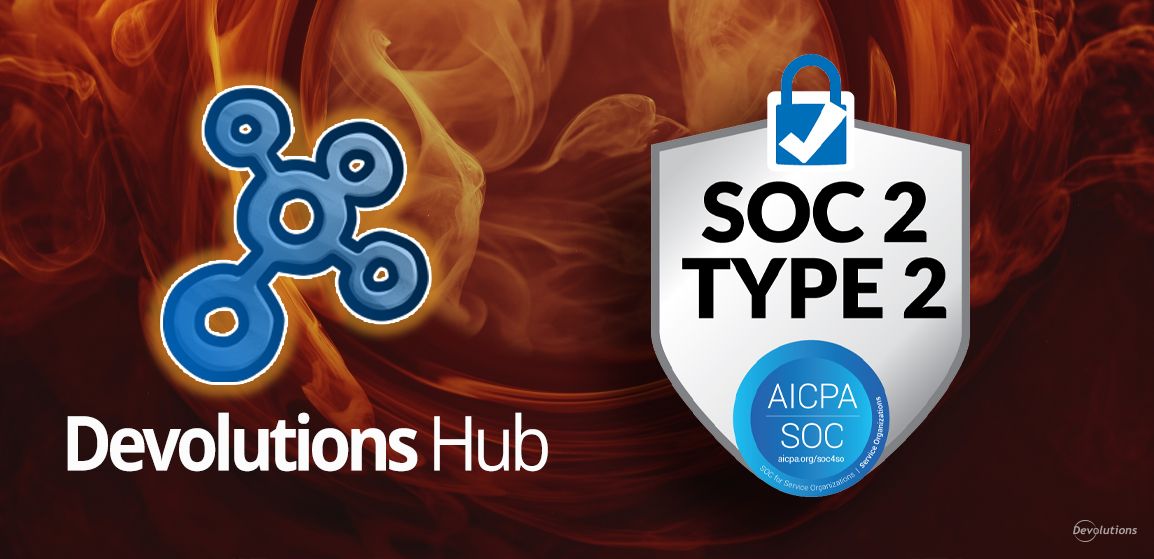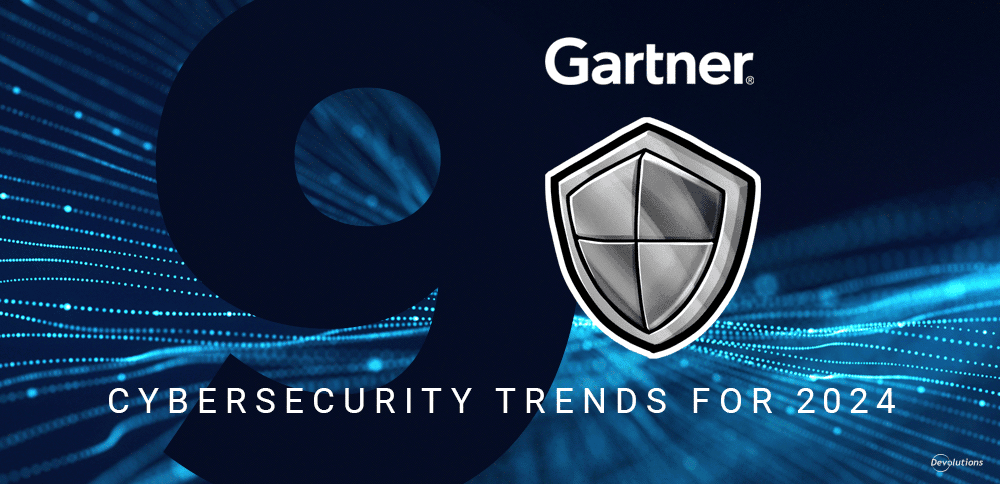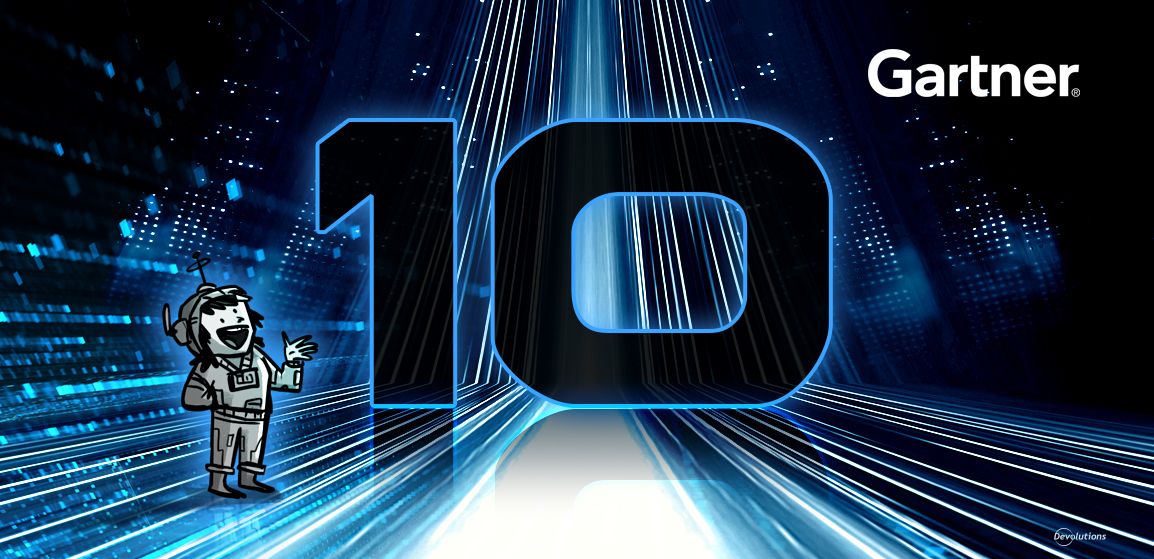Over the past 3 decades, we’ve watched information technology radically transform the workplace. It has changed how we view business processes and given us an appreciation of the far-reaching efficiencies that come with applying software and hardware to business problems. The prominence of IT has inadvertently led to the creation and elevation of the role of the CIO and other IT executives.
But while tech has delivered enormous benefits to business, it has also introduced new challenges and exacerbated some old ones. To ensure that IT remains an asset and not a liability to the organization, IT leaders must constantly recognize these challenges and put in place the requisite countermeasures. 2019 will be another challenging year for IT executives. Here’s a look at the major issues they’ll deal with:
Voice Control
Written electronic communication through email, social media and messaging apps at one point seemed like it would jeopardize the future of voice calls. Yet voice only reinvented itself in the form of VoIP technology and is finding application in new spheres. We’ve already seen it with Google Home and Amazon Alexa, and many websites are tweaking their SEO strategies to accommodate the dynamics of Google’s voice search.
This is just a sneak peek at the massive wave of voice interfaces that’s going to become a default feature of a wide range of devices. It’s not hard to see why voice has such a bright future. First, it saves time when compared to written instructions. Second, it allows one to issue more exact commands. IT executives must take the required actions to ensure their business remains competitive by leveraging the power of voice controls.
Customer Privacy
When the European Union’s General Data Protection Regulation (GDPR) came into effect, it marked a turning point in how organizations handle customer data. Whereas the GDPR only applies to companies doing business with EU citizens, the scale of the EU market and its role in the global economy means that GDPR is quickly becoming a de facto worldwide standard. Regulators in other jurisdictions are reevaluating their current privacy laws and are likely to align them with the GDPR.
Instead of adhering to the privacy laws in the different markets they operate in, businesses are using the GDPR as a baseline to reduce the risk of non-compliance. IT departments have always played a crucial role in privacy. But the GDPR and the penalties of non-compliance have thrust CIOs into the driver’s seat of data privacy.
As a result of this changing landscape, IT executives must ensure they not only know where sensitive personal customer data is located, but also how it’s protected, who can access it, and how it can be permanently deleted if a customer demands it.
Data Analysis
Today’s businesses collect large volumes of data on a daily basis. Even though there’s been plenty of effort put into creating tools that help with the analysis and visualization of this data, many businesses are still falling short of tapping into the invaluable insights such vast information contains. It’s a problem CIOs have grappled with for years, and this year it will only grow in urgency.
There’s going to be a clear distinction in strategy, execution and sales growth between businesses that capitalize on their data and those that choose to continue groping in the dark. Of course, the challenge of data analysis has been complicated by new regulations like GDPR. CIOs will have to strike the right balance between regulatory compliance and exploiting the data analysis opportunities.
Automation
Consumers are demanding ever-faster service. Service quality that was considered acceptable 10 years ago would be deemed mediocre today. This need for faster, more accurate and cheaper service is compelling businesses to replace manual processes with automation. The automation is not just for general business processes, but also for activities taking place within the IT department.
CIOs must take a step back in 2019 and determine whether any process in the technology department can be automated. Examples of manual processes in IT include log monitoring, paper-based workflows, and the use of spreadsheets to track work schedules. IT executives can take advantage of AI apps such as helpdesk bots and automated log management tools to make sure their departments are at their most productive.
IT is a broad industry, so these are just a fraction of the challenges CIOs will be called upon to contain in 2019. Others include change management, the push for self-service, seamless integration, 5G wireless networks, and hiring and retaining highly skilled workers. Overall, CIOs must always bear in mind how their decisions affect customer experience and business outcomes. That way, they’ll address these challenges in the best interest of the company.




